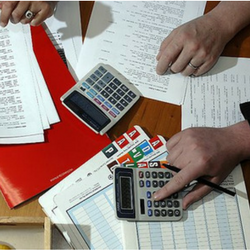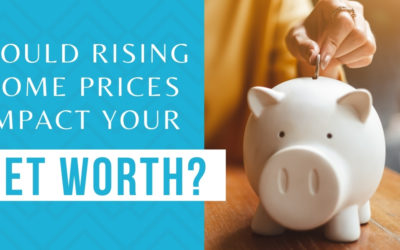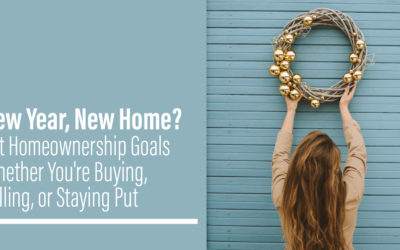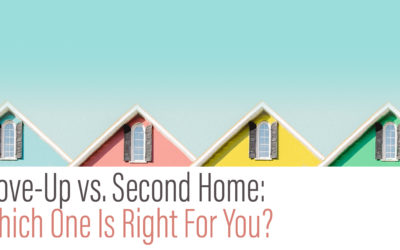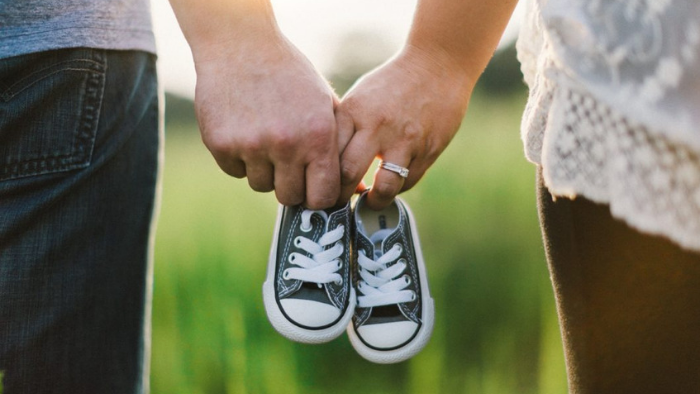Last year, one factor drove the real...
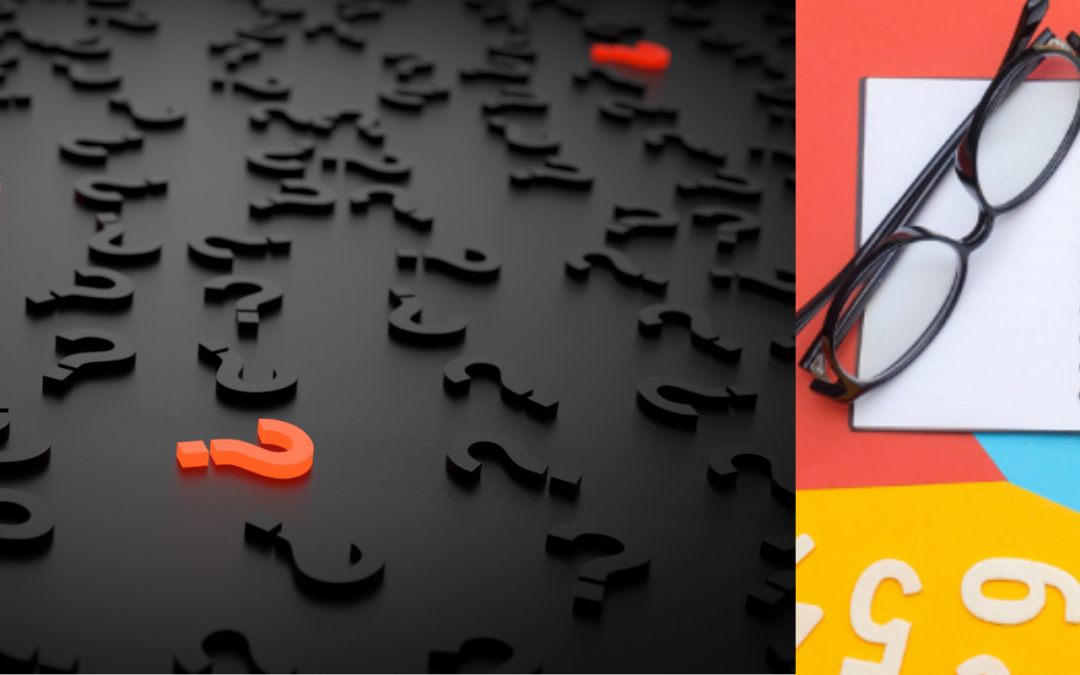
13 Most Commonly Asked Questions By Homebuyers
13 Most Commonly Asked Questions By Homebuyers
Buying a house can be exciting and overwhelming at the same time. You probably have some questions but are afraid to ask. I hope that it will be answered in here but if not, please contact me. I will be happy to answer them.
13Do I need an agent to purchase a home?
No. You don’t need an agent to purchase a home but the question is, why wouldn’t you? The seller pays for the commission and it is factored into the purchase price. Buying a house involves so many complex documents and negotiations. If you are not buying a house everyday, it is best to consult a knowledgeable professional who has the experience (not just any agent).
12Do I need to have a home inspection even if it’s brand new?Who pays for it?
Definitely. The buyer pays for it and it costs from $350 & up, plus taxes, depending on the size.
11Does it come with appliances and furnitures?
It depends. Most homes for sale come with the appliances but some homes do not. It is important to check this with your agent. Furnitures usually do not come with the purchase so you have to budget for it. The same goes with the light fixtures and window coverings. In the end, anything is negotiable but focus on what’s important. Will it break the deal if you don’t get the curtains or the BBQ in the backyard? After all, you are buying the house, not the decor.
10Can I back out of a deal if I changed my mind?
If you are not buying a newly-built home directly from a builder, and you have accepted to terms with the seller, you cannot back out from the purchase after the contingency period (conditional period) is over because it is a legally binding contract. There is “no cooling period” in buying a real estate, so to speak. Doing so, will mean losing out on your deposit money and a potential legal action from the seller and the brokerage representing you to claim their losses.
9If the deal fell thru, can I get my deposit back right away?
It depends. If the deal fell thru because a condition was not met from the agreement, through no fault of yours, and both parties agreed, a mutual release has to be signed by you and the sellers and the brokerage. The mutual release will detail how the deposit will be released. The deposit holder (usually the selling agent’s brokerage) will return the deposit as soon as it clears usually within a few business days after they received a completely signed release. If a buyer and seller cannot agree on how the deposit will be released, the court will decide.
8Why should I get pre-approved before I look for homes?
A pre-approved buyer means they are serious in their purchase. They know their limit ad they buy within it.
If you start looking at houses, chances are, you will fall in love with one, sooner or later. If that happens and you don’t know your limit, you might be looking at the wrong price and you will lose out on it.
7How much do I need for closing costs?
The minimum amount is 1.5% of the purchase price (2% or more is recommended). For example, if you’re buying a $500,000 home, you need to have at least $7,500 in your pocket at closing time. This amount goes towards paying the following:
-legal fees and disbursements
-land transfer tax
-PST on Mortgage Default Insurance (also known as CMHC, Genworth or Canada Guaranty fee)
-adjustments (costs paid by seller that is beyond closing date such as property tax, condo fees, equipment rentals, etc)
-appraisal fee
-inspection fee
Your lawyer would be able to give you a much tighter figure. This is in addition to the down payment of the house.
6 Can I sign multiple Buyer Rep Agreement so many agents can help me look for homes?
Unless you’re prepared to compensate all of them, it is advisable to go with only one you trust. All registered agents will be able to see all the homes in the MLS® and can represent you in any home purchase including for sale by owners (FSBOs) and builders.
5 How much does it cost to hire an agent to help me buy a home?
An agent’s compensation (commission) is usually paid by the seller and is factored into the purchase price. This is done thru Cooperation. The Buyer Representation Agreement (BRA) authorizes the agent to deal with the selling agent and seller on your behalf. If the seller is a private seller (FSBOs) and do not want to deal with agent (to save on commission), it is extremely important to discuss this with your agent before putting an offer, as this may be one of the rare occasions when you have to compensate the agent.
4 What is a Buyer Representation Agreement (BRA)? Why do I need to sign one?
A Buyer Representation Agreement authorizes the agent to work on your behalf to search for homes and represent you when it’s time to put an offer and negotiate on your behalf. This document details how they are to be compensated when they bought you “A” home in the specified location for a period of time. When you have completed your purchase and you already closed, this terminates as well. As you see, this is not FOREVER. This document is a binding legal document between you and the brokerage (the company where your agent works). By signing a BRA, you are being represented properly for free (see # 5).
3 Why do I need to put a deposit and how much do I need?
A deposit or earnest money is a sign of good faith that you are serious in acquiring that property. Depending on the agreement, deposit can be herewith (comes with the offer), upon acceptance (within 24 hours of both parties’ acceptance of the agreement) or as otherwise described in this Agreement. This amount goes towards the down payment of your purchased property and can be as little or as much, depending on the property and location. Typical value is about 5%. Sellers and their agents prefer higher amounts in bidding situation.
2 What is a CMHC fee? Why do I need to pay for it?
A CMHC fee (or it can be a Genworth or Canada Guaranty as well) is a default mortgage insurance. Buying a home with down payment that is below 20% is made possible by paying an insurance fee to the CMHC (Canada Mortgage Housing Corporation) or to the other insurers as mentioned previously and is dependent on who the lender is using. The fees start at 4% for a minimum down payment and can be added to the mortgage but will be factored in the GDS/TDS ratio calculation. The PST on the fee (8% of the fee) will have to be paid as closing cost and cannot be added to the mortgage.
1What is a the minimum down payment to buy a home?
For a residential home with a purchase price of $500,000 and below, the minimum down payment is 5%. Any amount higher than $500,000 will be at least 10%. For example, if you’re purchasing a house worth $600,000, the down payment will be $35,000 (5% for the $500,000 and 10% for the amount over $500,000).
This amount must be in your account for 90 days and can come from RRSP, TFSA, investments, savings and chequing accounts. Gifted funds from immediate family can also be considered as a down payment.
If your down payment is coming from the proceeds of the sale of your house, the fully executed agreement needs to accompany the supporting documents for the down payment.
Buying a house can be exciting and overwhelming at the same time. You probably have some questions but are afraid to ask. I hope that it will be answered in here but if not, please contact me. I will be happy to answer them.
Buying a home is a serious and legally binding commitment. Only offer on a house that you intend to buy.

